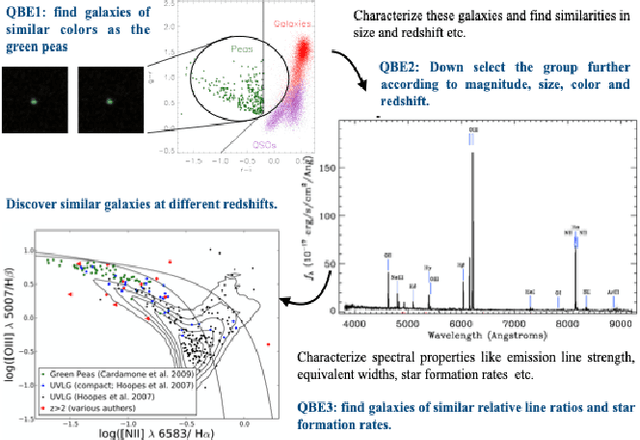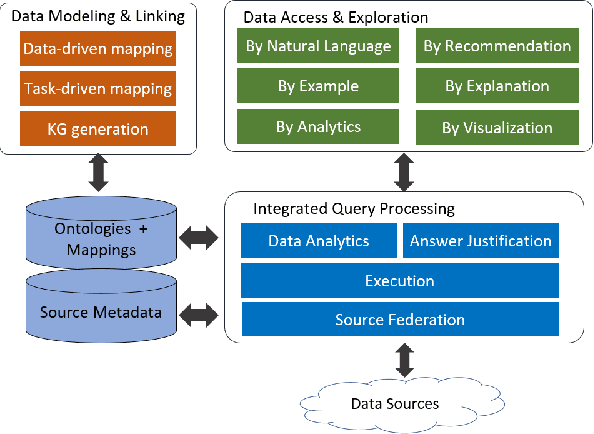Aurélien Personnaz
CNRS, University Grenoble Alpes, France
Guided Exploration of Data Summaries
May 27, 2022



Abstract:Data summarization is the process of producing interpretable and representative subsets of an input dataset. It is usually performed following a one-shot process with the purpose of finding the best summary. A useful summary contains k individually uniform sets that are collectively diverse to be representative. Uniformity addresses interpretability and diversity addresses representativity. Finding such as summary is a difficult task when data is highly diverse and large. We examine the applicability of Exploratory Data Analysis (EDA) to data summarization and formalize Eda4Sum, the problem of guided exploration of data summaries that seeks to sequentially produce connected summaries with the goal of maximizing their cumulative utility. EdA4Sum generalizes one-shot summarization. We propose to solve it with one of two approaches: (i) Top1Sum which chooses the most useful summary at each step; (ii) RLSum which trains a policy with Deep Reinforcement Learning that rewards an agent for finding a diverse and new collection of uniform sets at each step. We compare these approaches with one-shot summarization and top-performing EDA solutions. We run extensive experiments on three large datasets. Our results demonstrate the superiority of our approaches for summarizing very large data, and the need to provide guidance to domain experts.
INODE: Building an End-to-End Data Exploration System in Practice
Apr 09, 2021



Abstract:A full-fledged data exploration system must combine different access modalities with a powerful concept of guiding the user in the exploration process, by being reactive and anticipative both for data discovery and for data linking. Such systems are a real opportunity for our community to cater to users with different domain and data science expertise. We introduce INODE -- an end-to-end data exploration system -- that leverages, on the one hand, Machine Learning and, on the other hand, semantics for the purpose of Data Management (DM). Our vision is to develop a classic unified, comprehensive platform that provides extensive access to open datasets, and we demonstrate it in three significant use cases in the fields of Cancer Biomarker Reearch, Research and Innovation Policy Making, and Astrophysics. INODE offers sustainable services in (a) data modeling and linking, (b) integrated query processing using natural language, (c) guidance, and (d) data exploration through visualization, thus facilitating the user in discovering new insights. We demonstrate that our system is uniquely accessible to a wide range of users from larger scientific communities to the public. Finally, we briefly illustrate how this work paves the way for new research opportunities in DM.
 Add to Chrome
Add to Chrome Add to Firefox
Add to Firefox Add to Edge
Add to Edge